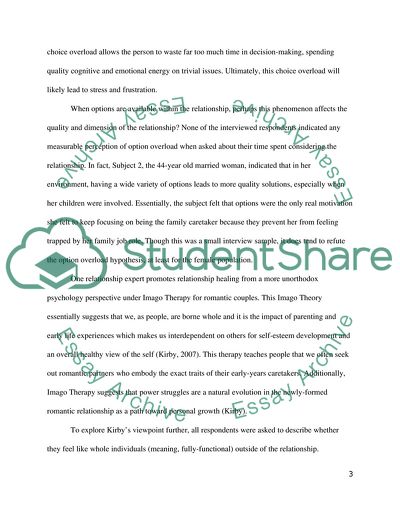Cite this document
(Interpersonal Relationships in Todays Society Term Paper - 1, n.d.)
Interpersonal Relationships in Todays Society Term Paper - 1. Retrieved from https://studentshare.org/psychology/1718858-introduction-to-psychology
Interpersonal Relationships in Todays Society Term Paper - 1. Retrieved from https://studentshare.org/psychology/1718858-introduction-to-psychology
(Interpersonal Relationships in Todays Society Term Paper - 1)
Interpersonal Relationships in Todays Society Term Paper - 1. https://studentshare.org/psychology/1718858-introduction-to-psychology.
Interpersonal Relationships in Todays Society Term Paper - 1. https://studentshare.org/psychology/1718858-introduction-to-psychology.
“Interpersonal Relationships in Todays Society Term Paper - 1”. https://studentshare.org/psychology/1718858-introduction-to-psychology.


